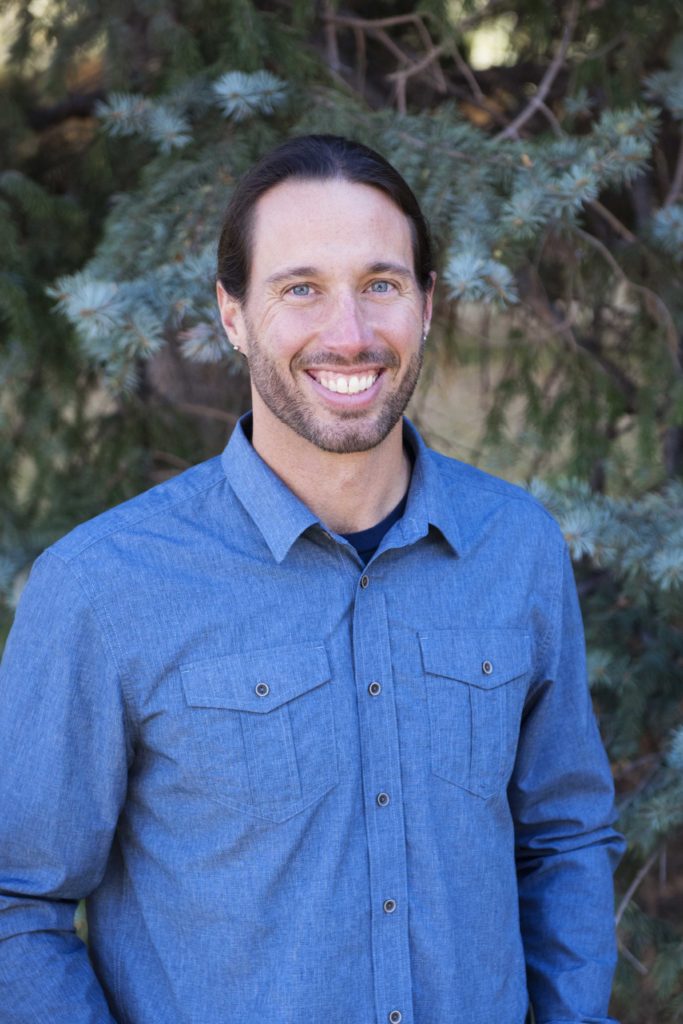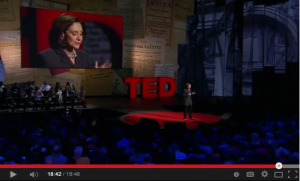Adapting to Change with COVID-19
The past two weeks has shown us more change than most of us have known in our lifetimes and things continue to change hour by hour. With the stay at home measures now in place in Colorado, it is important we all take care of our physical health as well as our mental health. I am now moving 100% to telehealth counseling sessions via a secure HIPAA compliant platform. I have been doing video sessions for years and in the past two weeks even my men’s group is meeting via telehealth. Provided you have a private place to talk, it works just as effectively. Using telehealth also enables us to be outside if you have access to a private area to benefit from nature and fresh air as well. Further, parks and natural areas are still open so nature based coaching sessions are also still available through Reconnecting to Our Nature maintaining adequate social distance.
However, even though telehealth is effective, staring at a screen all day as many of us are doing now for work can be exhausting. So I wanted to share some ideas on how we can all make better use of our required physical distancing and still take good care of our mental and emotional health.
1) Get outside! Take several breaks throughout the day, even if they are short 5-10 minutes just outside your building. You don’t even need to go anywhere, but if you do have time to get out to a natural area that is a bonus. Sitting, standing, or walking wherever you are. Focus on your 5 senses, not your thoughts or narrative. Name things to yourself:
- What do you see?
- What do you hear?
- What do you smell?
- What do you feel in, around, and with your body?
- What can you taste?
Name as many as you can in the time you have or set goals of 5-10 things in each category. (Or at least the first 4. Taste can be hard, unless you bring along gum, candy, or some other special treat).
There is a 12 minute audio file instructions for this and other mindfulness exercises on my website here: https://www.innerlifeadventures.com/mindful-practice/
2) Move your body! Stretch, exercise, dance, and move intuitively. There are numerous free videos available on youtube and subscription videos from both local and distant professionals trying to maintain their business and livelihood. Check your local yoga studios and fitness centers to support them or use the free options if you need to. Or keep it simple and put on your favorite music and dance.
3) Practice extreme self care! Self care is always essential, and even more essential as time passes in our current situation. Self care doesn’t necessarily mean going to the spa or getting a massage (though those will be great options when we are able to again), self care means caring for ourselves physically, mentally, emotionally, with kindness and acceptance. What we say to ourselves and how we talk to ourselves is one of the most powerful factors influencing how we feel. It is important to allow yourself to fully feel and accept all of the emotions getting stirred by our current situation. Many of us are experiencing practically every emotion such as fear, grief, excitement, joy, gratitude, love, desire, anger, and more. Giving ourselves space for all of the feelings and then caring for yourself in whatever way we need is key.
Here is a fantastic article with 10 Self Compassion Practices for COVID-19 from a couple of the top evidence based mindfulness practitioners: https://centerformsc.org/10-self-compassion-practices-for-covid-19/.
4) Stay connected! It is always important, but it is more important than ever to stay connected with healthy, grounded balanced people. Phone calls, video calls, and walks outside (with proper physical distance) with people you care about are all really important to maintain. And there can also be too much input and connection with the outside world so stay connected to yourself – through limiting news and social media intake, limiting movies and TV shows, and just sitting in quiet with a mindfulness practice or just in quiet reflection.
There is a time and a place for deeper self exploration and there also is a time to just stay on the surface and ground with another human. You’ll probably need both at different times. So to help you stay connected, in addition to the standard hour or 1.5 hour sessions, I’m also offering for a limited time shorter sessions of 20 or 30 minutes to offer you a chance to just touch base and check in. Reach out and let me know if you would like to try just a brief check in session.
Nature is a great teacher of change. So I will be offering even more programs and coaching through my other business Reconnecting to Our Nature. Through sessions in nature or homework assignments on your own in nature we can tune in more for greater clarity and guidance beyond our human and rational mind driven world. To learn more about the model that is the foundation of the nature based work I do, you can read more here or join me for a free Zoom call April 6 at 6:00 where I discuss this in more detail.
To stay informed with what is happening with nature based work and Reconnecting to Our Nature you can subscribe to the RTON email list here.
With the right perspective, the right tools and practices, the right community and people to support us, I trust we will all be able to emerge from this period of intense change stronger and healthier than ever. Please stay connected and let us know how we can support you. Take good care of yourself and stay healthy and well!

Chuck Hancock, M.Ed, LPC is a Licensed Professional Counselor in the state of CO. He has completed comprehensive training in the Hakomi Method of Experiential Psychotherapy, a mindfulness mind-body centered approach. Chuck guides individuals and groups in self-exploration providing them with insight and tools for change. He also incorporates nature as a therapy tool to help shift perspective and inspire new patterns.



